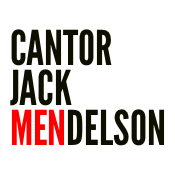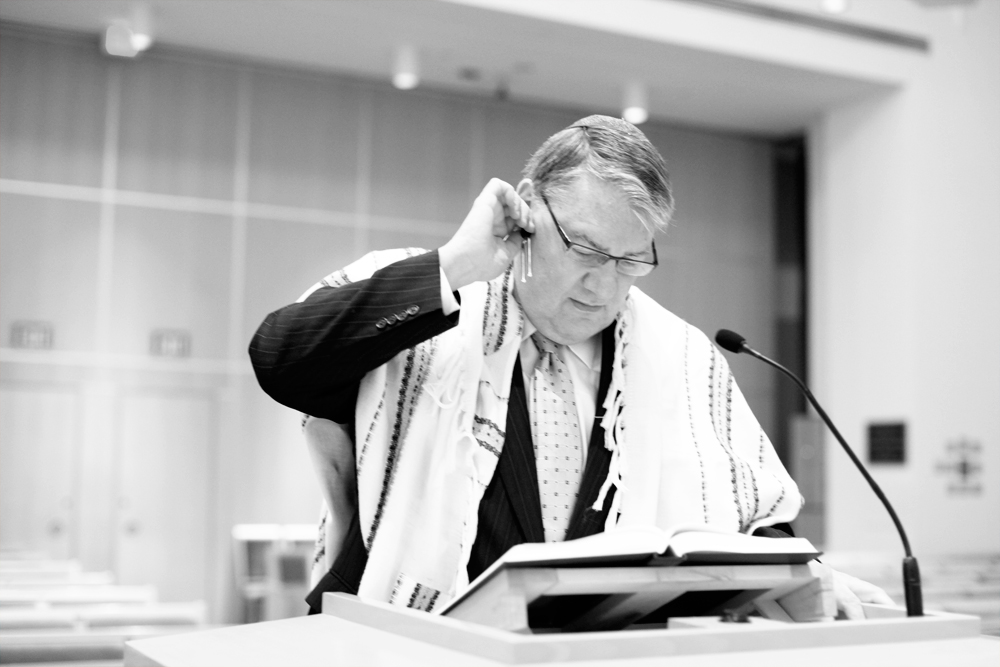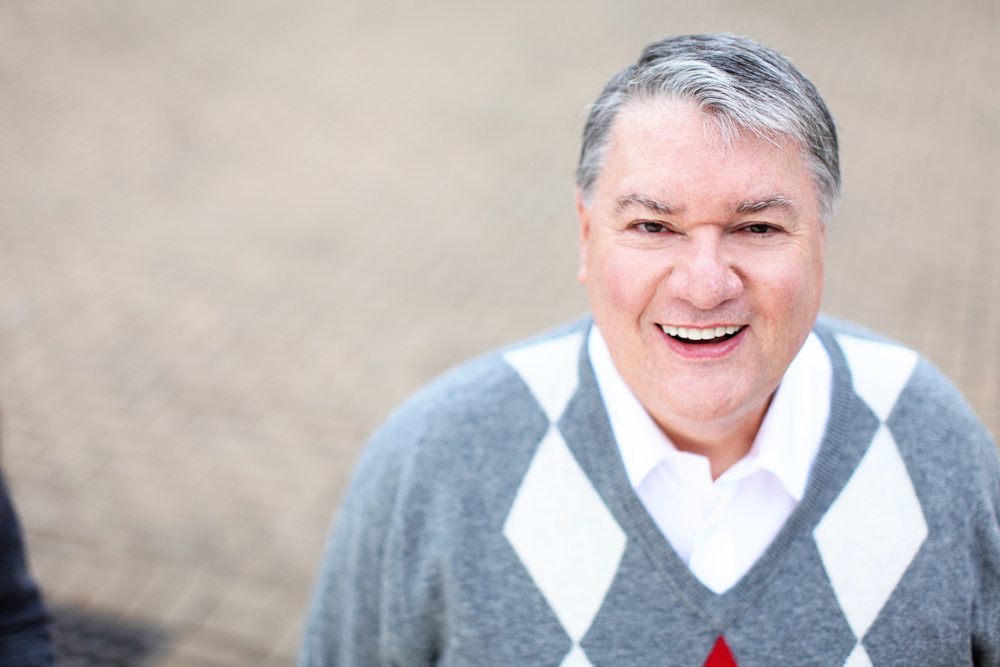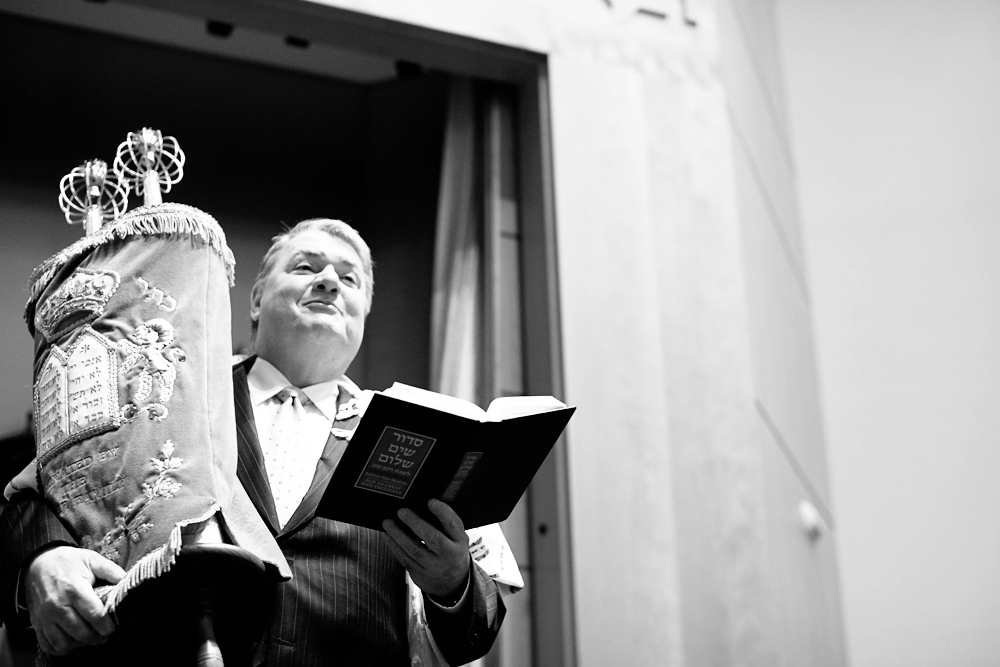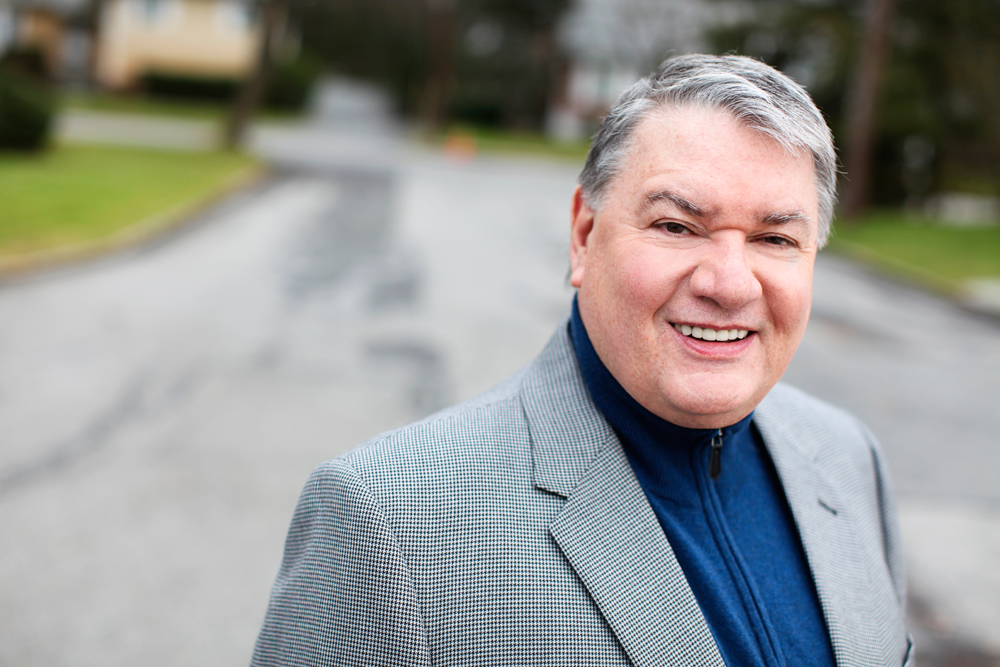Eulogizing Bobby Bloch
(This week, March 18, 2014, is Cantor Robert Bloch’s yahrtzeit. I delivered this eulogy at his funeral. May he be remembered for a blessing.)
As I was nervously walking up the steps to the entrance of the Hebrew Union College on 40 west 68th street for the first time in the fall of 1965, I noticed a very cool looking young man at the top of the stoop, standing in repose, looking kind of like James Dean. He asked me who I was, and when I told him, he replied in his high tenor speaking voice, “Oh, you’re one of the Mendelson boys! I’m Bobby Bloch.” Having come from an Orthodox background, I was suffering from culture shock all morning, but none greater than attending the shacharit service at 11 am in the 4th floor Chapel, where I was the only one wearing a kippah. All of that changed when the Cantor of the morning—Robert Bloch—started singing. Out came the most beautiful tenor voice I had ever heard, with kavanah to match. There was no thought of “Reform,” “Orthodox,” or “Conservative.” It was just a “Jew,” pouring his heart out.
From a vocal standpoint, Robert was the leader of the pack at the School of Sacred Music. When he changed voice teachers, everybody followed. When he did a concert, it was an event. Everyone came. One such concert, at Anshe Chesed, where his dad Charlie Bloch was Chazz’n, sticks in my mind. It was a star-studded event, where some of the greatest Cantors and singers of the day took part. We were all so young, sitting together: Eddie Fogel, Jay Corn, Ian Alpern, Stanley Rich, Johnny Haddon, and me. We knew something that the audience didn’t. We knew what Robert was capable of doing. But to the congregation, he looked like some cocky 25 year-old, trying to sing with the “big boys.” Out he came to the middle of the stage, looked at his mother, and said, “Hi mom!” Then he proceeded to sing his father’s Magen Avot and the audience erupted like a volcano. We were so proud. He was one of us! He then sang two arias of such aching beauty that the audience began to stamp their feet. Of all the musical performances that I have attended in my lifetime, that night, for me, was the greatest of all.
All of this, though true, was the stuff of his legend.
The reality was somewhat darker, I’m afraid. Bobby, in his life, wrestled with demons, both real, and perceived. He never fully realized the career fulfillment that his talent promised. In his Cantorial life he served many fine congregations, but his constitution was such that he couldn’t stay the course. He was restless. The specter of singing Opera was always on his mind. He was invited to audition for Sir Colin Davis on the stage of Covent Garden in England with full orchestra. As luck would have it, the orchestral union went on strike just moments before he was to sing. The opportunity passed. He just didn’t have the mazel (luck). But he remained, for the most part, happy because, until his death, he could do the two things that he loved most: Singing, and acts of kindness. No one was a better friend than Robert. If anyone he knew was sick or suffering in any way, he would call, every single day until they felt better. When a colleague would pass away, it was Robert who regularly would keep in touch with that person’s spouse. Just a few short months ago, he organized a beautiful memorial evening for Ed Fogel at HUC. He worked the phones tirelessly for months making it happen, and in doing so, made Eddy’s widow, Lynne, so happy. He sang his Father’s Magen Avot at age 69 in the same key as he did at age 25, with beauty and conviction.
When I think or Robert now, I see him young and full of life, in Israel Alter’s class, with Alter stopping him in the middle of a phrase to look down his throat to see just how he made that glorious sound. I remember Bobby organizing high-note contests in the halls of HUC. Then there was a young Beny Maissner, with his uncanny gift of mimicry, poking fun at Robert’s voice teacher, and Robert (a foot shorter than Beny) defending his teacher’s honor by threatening physical violence, only ending when Beny, in full Israeli rage, thinking in Hebrew cried out “ROBERT! YOU ARE AN ASSES HORSE!” causing Bobby to lose his anger and give Beny a big bear hug.
Robert died just a few days short of his 70th birthday. He had planned a celebration, and invited many of his friends to his home. He, of course, hired a pianist so that we could all sing for each other as in the old days. As it says in the Bialik poem:
There was a man, and see; he is no more.
He died before his time.
And the song of his life was cut off in the middle.
It is sad; he had one more song in him.
And behold, that song was lost forever
May his memory be for a blessing.
